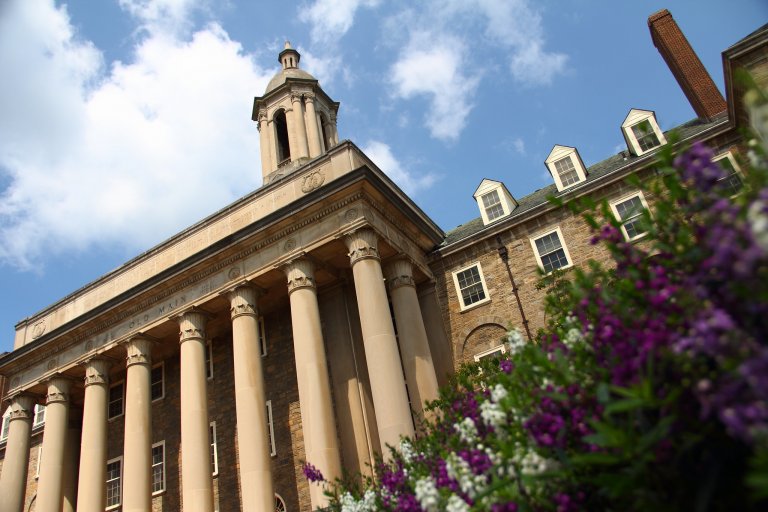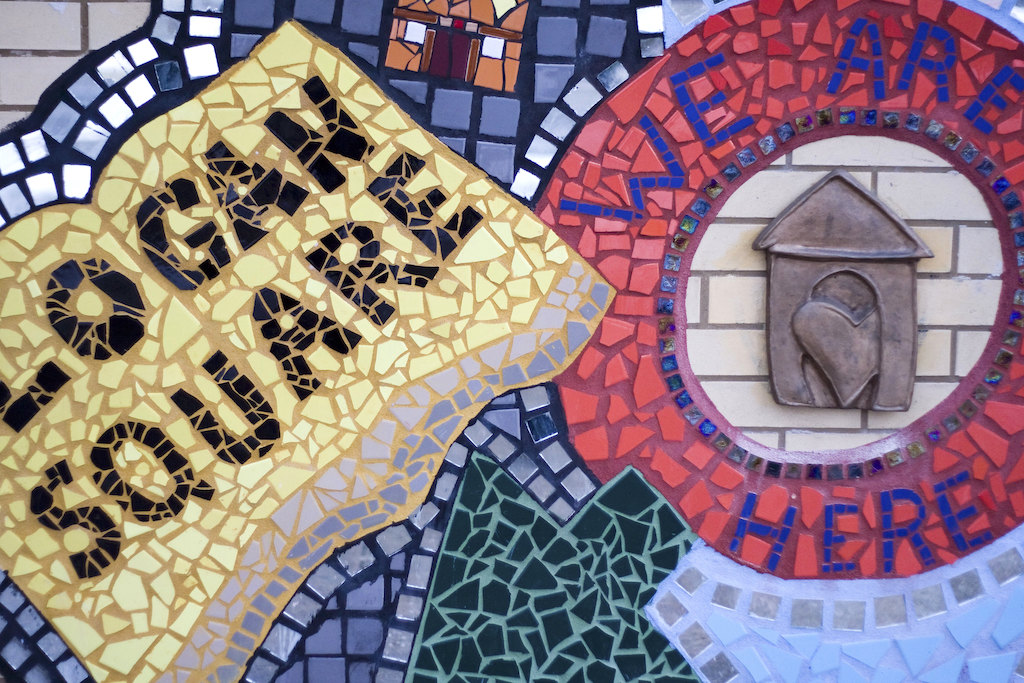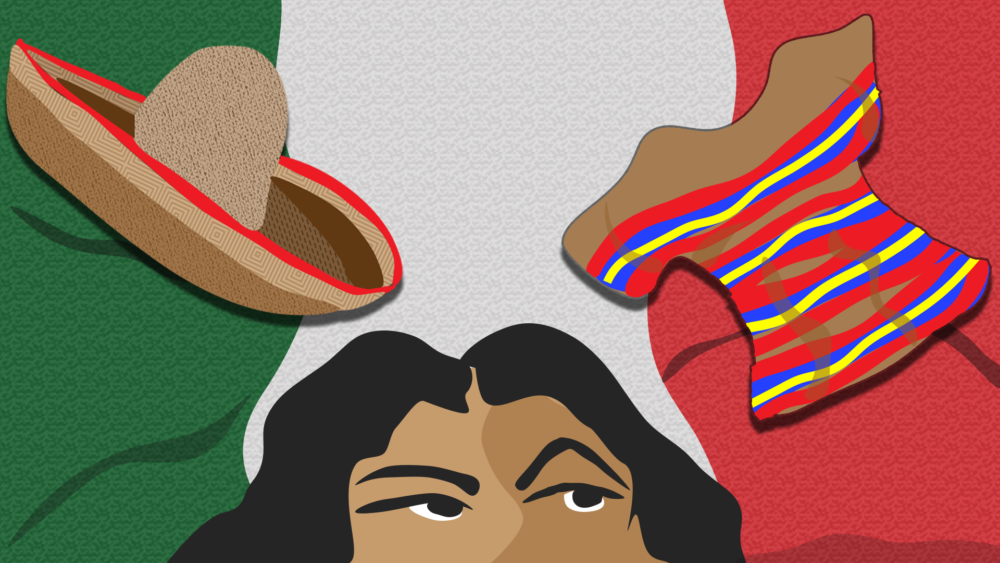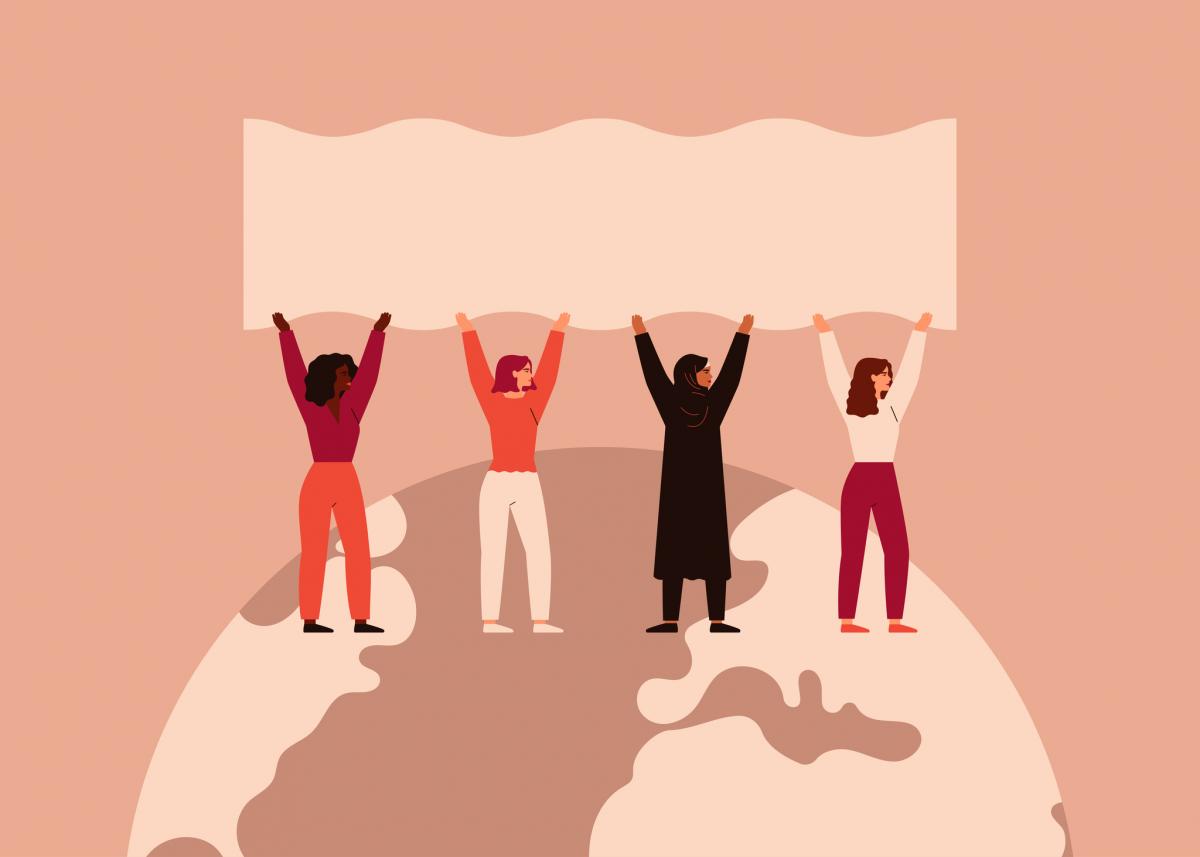Change universities to change capitalism
By Capital-Star Guest Contributor
Read the full article from Pennsylvania Capital Star, here.
Recently, leading foundations, including Ford, Hewlett, and the Omidyar Network, have developed initiatives designed to promote a reexamination of capitalism and find a successor to neoliberalism with its emphasis on privatization, deregulation, and a reduction in government spending.
The American Rescue Plan and President Joe Biden’s big and impressive infrastructure bill will turn the tide and begin to redirect capitalism for the better.
Producing a truly more humane and effective system will also require changing American higher education. Research universities in particular are sources of new ideas and discoveries, incubators for business and technology, cultural and artistic centers, and local, national and global economic engines.





